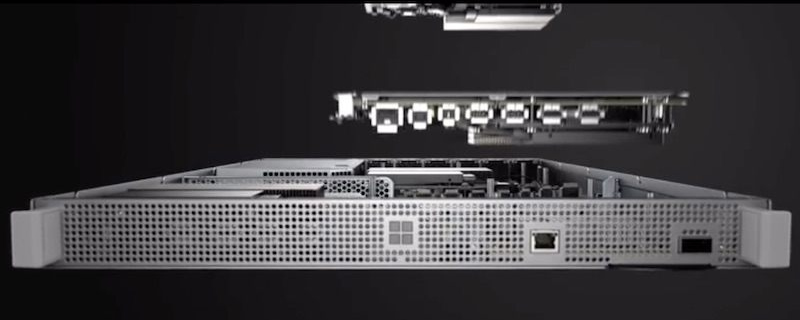Microsoft reveals Project xCloud: The Xbox Cloud Streaming Service
Microsoft reveals Project xCloud: The Xbox Cloud Streaming Service
At this time of writing, Microsoft is currently testing their xCloud service on devices that scale all the way down to mobile phones and tablets, both using touch interfaces and Wireless Xbox One gamepads through Bluetooth. Soon, Xbox gaming will not be restricted to purpose-built console hardware, empowering gamers to game where they want while promising the same speed and fidelity that console gamers expect.  Â
Microsoft is uniquely positioned when it comes to game streaming, having access to their Azure platform, one of the largest and best-distributed server infrastructures on earth, while also having the hardware capabilities that are required to make console-level streaming a reality. Sony lacks an Azure-like cloud infrastructure, while competitors like Google lack an affordable console gaming platform to act as the baseline of their service. With both Xbox and Azure, Microsoft is set to take the game streaming market by storm.Â
  Today, the games you play are very much dictated by the device you are using. Project xCloud’s state-of-the-art global game-streaming technology will offer you the freedom to play on the device you want without being locked to a particular device, empowering YOU, the gamers, to be at the center of your gaming experience.
Microsoft’s Xbox xCloud infrastructure is based on customised Xbox One S hardware, with plans to start public trials in 2019. These customised Xbox One S-grade consoles are fitted into a blade server, with each blade hosting multiple systems. These customised consoles are optimised for low-latency streaming, with Microsoft hoping to achieve high levels of stream clarity while relaying images at the lowest bitrate possible, making the service usable on both wired and wireless internet services, even 4G and 5G devices.Â
Using Xbox One S hardware allows xCloud to support all Xbox One games, as well as hundreds of backwards compatible Xbox 360 and Xbox (Original) titles. COntrast this to Sony, who requires servers of both PS4 and PS3 hardware to support their PlayStation Now library of PS4/PS3 games. Microsoft’s backwards compatibility efforts are paying off.Â
Microsoft plans to publically trail their xCloud service sometime in 2019, allowing them to learn from end users and scale their service in volume and across new locations. At this time it is unknown when Microsoft’s Project xCloud will become a fully-fledged competitor to Sony’s PlayStation Now service. With public testing in 2019, it is likely that the service will go live in some regions in 2020 as a purchasable product/service, though this is merely a guesstimate. Â
You can join the discussion on Microsoft’s Project xCloud on the OC3D Forums.Â



